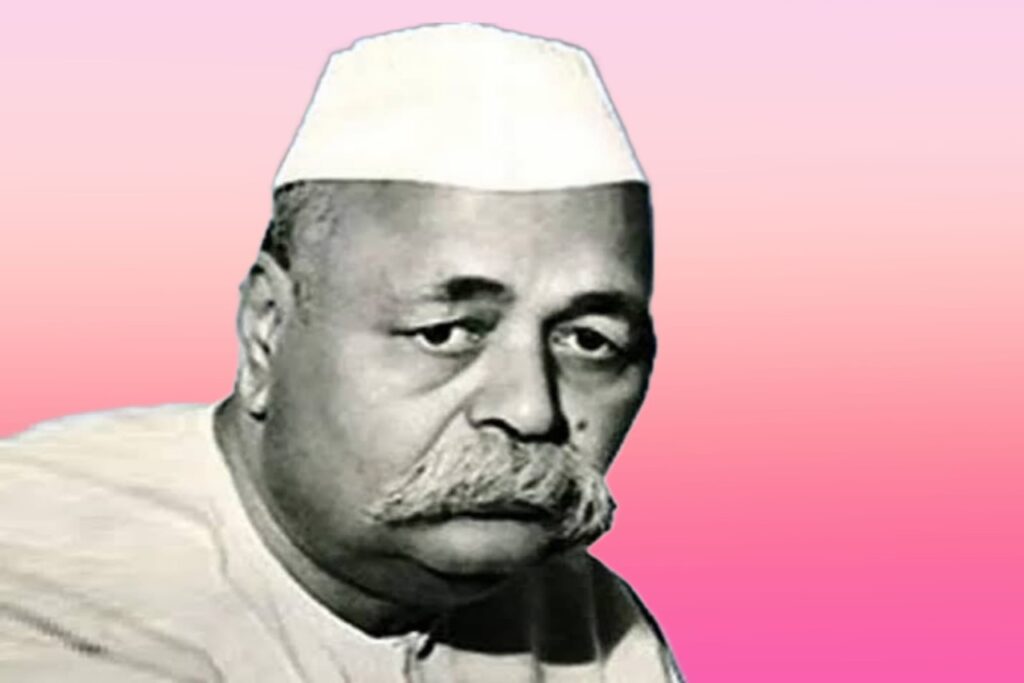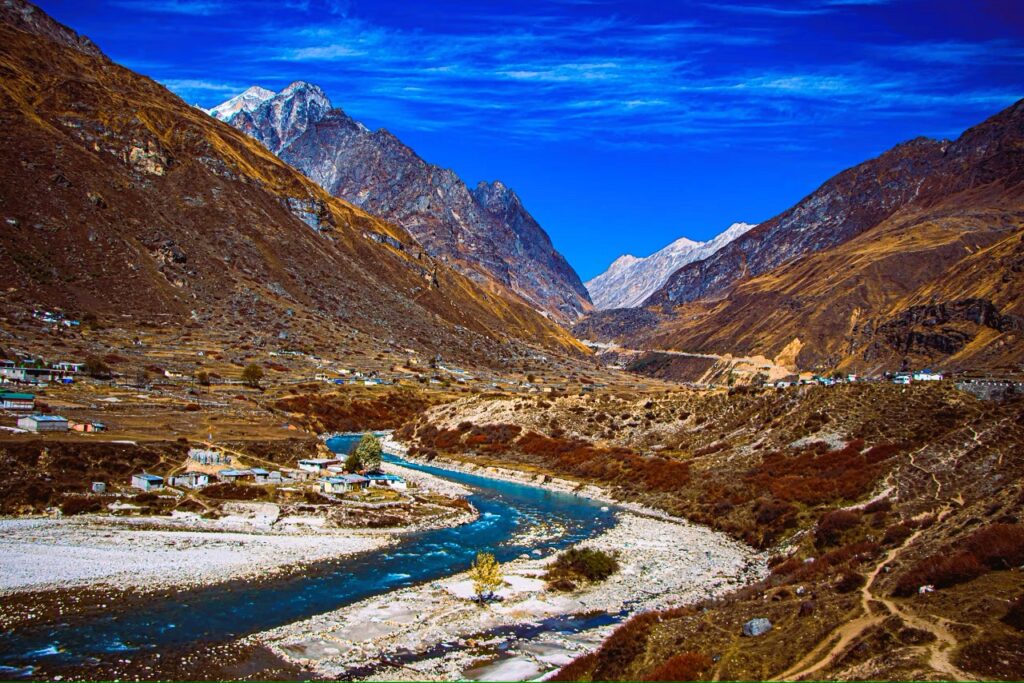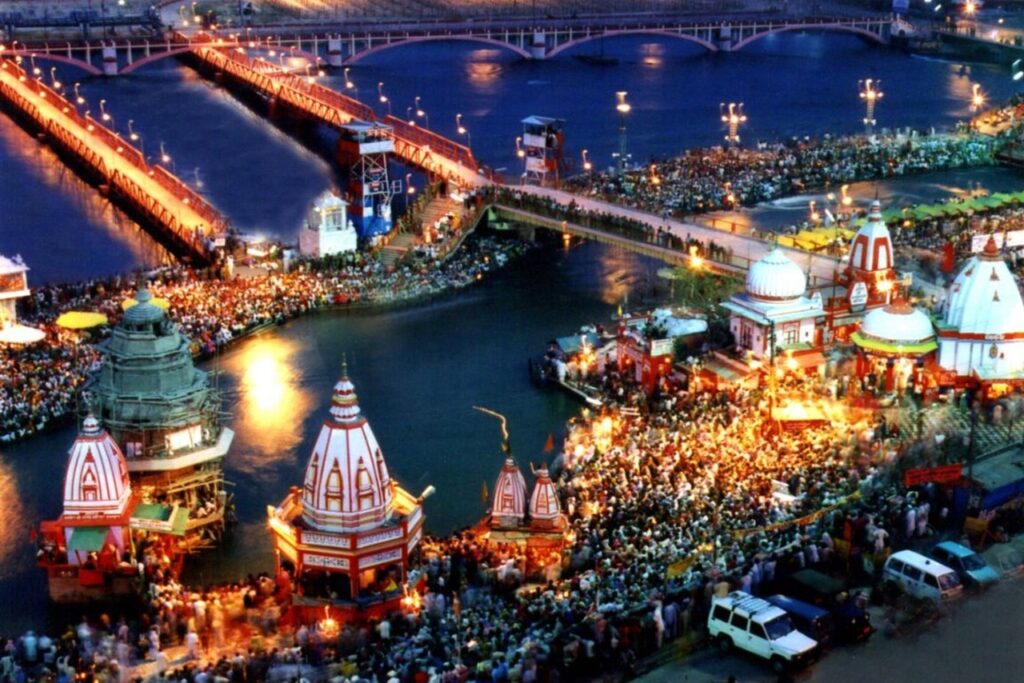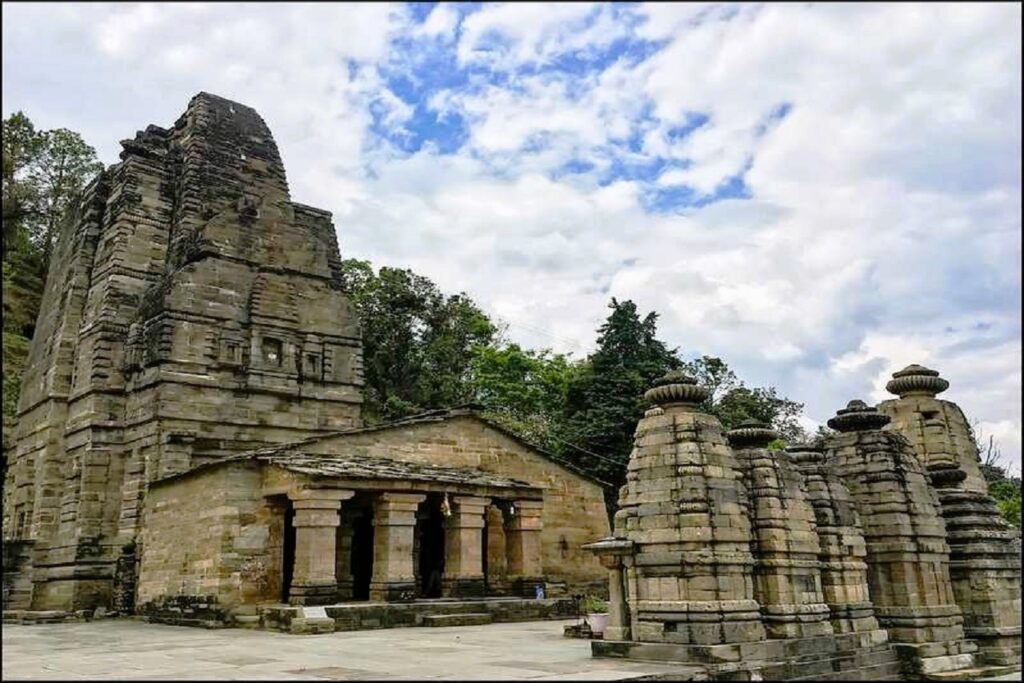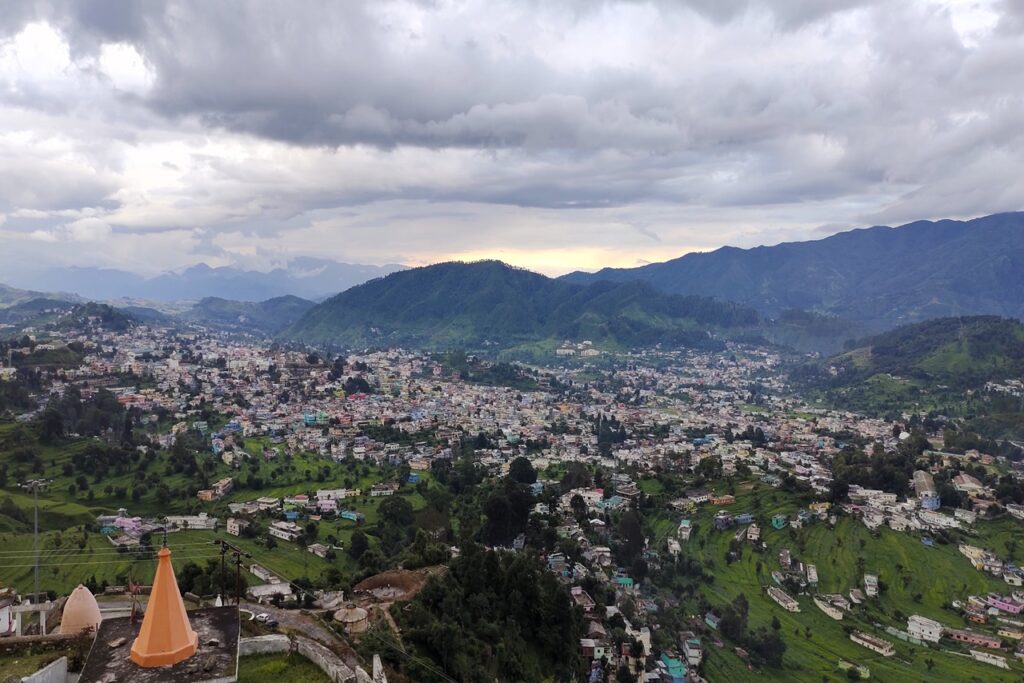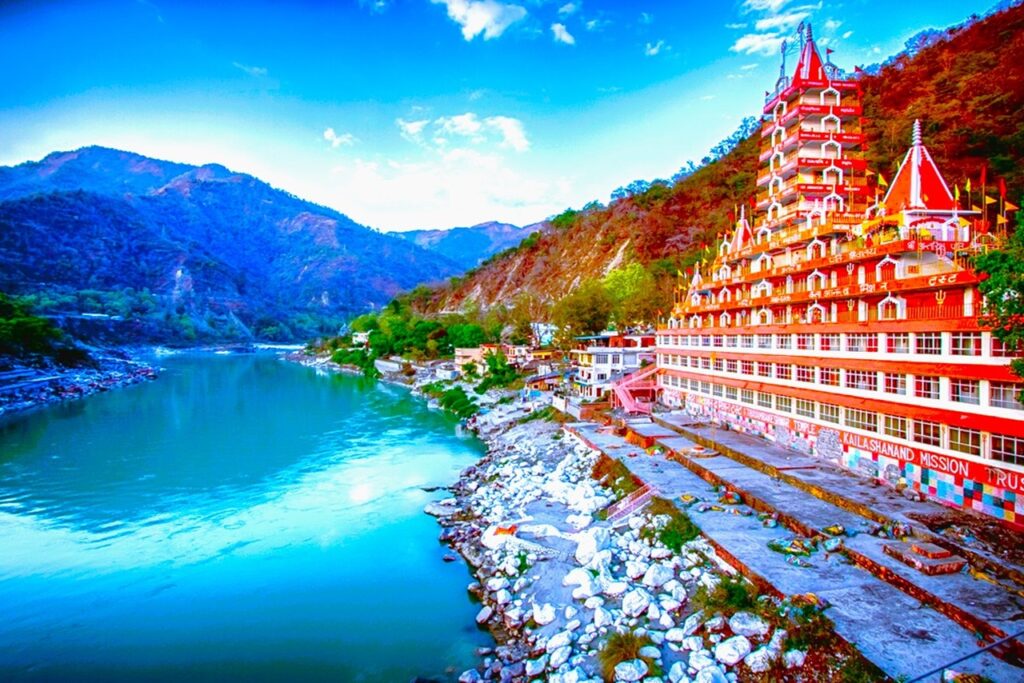Pandit Govind Ballabh Pant, a stalwart of Indian politics and a key figure in the country’s struggle for independence left an indelible mark on the nation’s history. Born on September 10, 1887, in Khoont, a small village in Almora present-day Uttarakhand. Pant Ji emerged as a visionary leader, an astute administrator, and a committed nationalist. His contributions spanned various domains, from the freedom movement to post-independence governance. This article delves into the life and legacy of Pandit Govind Ballabh Pant, shedding light on his remarkable journey and enduring impact on the shaping of modern India.
Early Life and Education
Pant Ji early life was marked by simplicity and humility. Raised in a modest family, he exhibited intellectual prowess from a young age. After completing his schooling in Almora, he pursued higher education at Muir Central College in Allahabad, where he delved into the realms of law and politics. His academic brilliance set the stage for a future where he would play a pivotal role in shaping the destiny of a nation.
Nationalist Awakening
Pant’s political consciousness awakened during his college years, as he became increasingly involved in the freedom movement. Influenced by the ideals of Mahatma Gandhi, he embraced the principles of non-violence and civil disobedience. Pant actively participated in various protests and played a crucial role in mobilizing public opinion against British colonial rule. His eloquence and commitment to the cause quickly garnered attention, earning him a prominent place in the Indian National Congress.
Role in the Independence Movement
As the freedom struggle gained momentum, Pant emerged as one of the prominent leaders in the fight against British imperialism. He participated in pivotal events such as the Non-Cooperation Movement and the Civil Disobedience Movement, facing arrests and imprisonment for his unwavering commitment to India’s independence. Pant’s ability to connect with people from all walks of life, coupled with his strategic acumen, made him a valuable asset to the Congress leadership.
Post-Independence Contributions
The dawn of independence in 1947 marked a new chapter in Pant’s illustrious career. Jawaharlal Nehru, the first Prime Minister of India, recognized Pant’s administrative acumen and entrusted him with key responsibilities. Pant served as the Union Home Minister from 1955 to 1961, overseeing crucial aspects of national security and internal affairs. His role in integrating princely states into the Indian Union and addressing the challenges of the time demonstrated his statesmanship. On 26 January 1957, Pandit Govind Ballabh Pant, a prominent Indian freedom fighter and statesman, has been awarded the Bharat Ratna, which is India’s highest civilian honor.
Architect of States Reorganization
One of Pant’s most significant contributions was his role in the reorganization of states in independent India. As the Chairman of the States Reorganization Commission, he played a pivotal role in redrawing the map of the country based on linguistic and administrative considerations. The States Reorganization Act of 1956, a landmark legislation, reflected Pant’s vision of fostering linguistic and cultural homogeneity within states, thereby strengthening the fabric of the nation.
Commitment to Social Justice
Pant’s governance philosophy was characterized by a deep commitment to social justice and inclusive development. As the Chief Minister of Uttar Pradesh from 1950 to 1954, he implemented progressive land reforms, aiming to alleviate the plight of farmers and rural communities. His emphasis on education and healthcare laid the foundation for a more equitable society.
Legacy and Recognition
Pandit Govind Ballabh Pant’s legacy extends beyond political boundaries. His unwavering dedication to the nation and his role in shaping post-independence India have earned him widespread recognition. The Pantnagar University in Uttarakhand, established in 1960, stands as a tribute to his contributions to agriculture and education. The Pant Institute of Himalayan Environment and Development also bears his name, underscoring his commitment to environmental conservation.
Pandit Govind Ballabh Pant’s life is a saga of dedication, sacrifice, and transformative leadership. From the trenches of the freedom struggle to the intricacies of post-independence governance, Pant played a pivotal role in shaping the destiny of modern India. His legacy continues to inspire generations, serving as a reminder of the values and principles that underpin the nation’s journey toward progress and prosperity. As we reflect on the life of this eminent leader, it becomes evident that Pandit Govind Ballabh Pant was not merely a political figure; he was the architect of a new, independent India.

